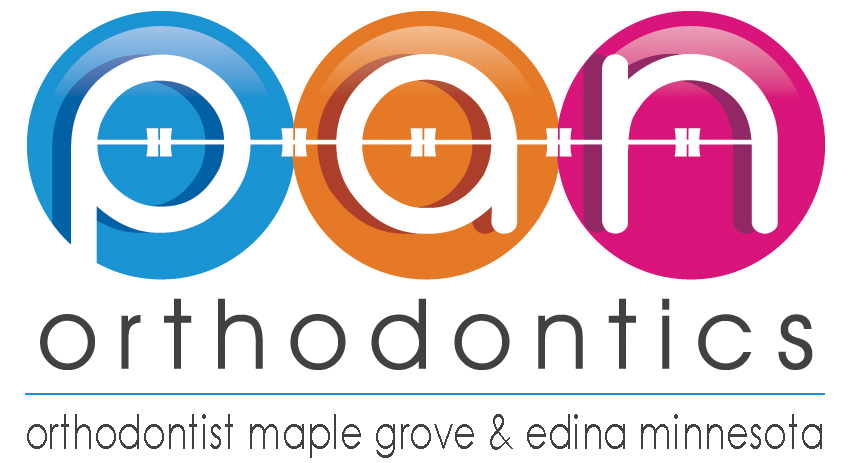Why Are My Teeth Shifting?
Teeth shifting can be very frustrating. Not only are shifted teeth aesthetically unappealing, but they can also lead to serious oral health issues over time.
Below is information about why your teeth may be shifting, how you can prevent shifting teeth, and some treatment options that may be available.
Why Are My Teeth Shifting?
There are a variety of different causes of shifting teeth. Some of the most common include:
- Missing Teeth: If your teeth are removed, fall out, or are knocked out, your healthy teeth will shift over time and fill in the gap.
- Gum Disease: Gum disease can affect the bone that supports your teeth, which can make them more unstable and lead to shifting.
- Changes in Your Jaw: As you age, your jaw will change. This can cause your teeth to shift.
- Teeth Grinding: Grinding and clenching of the teeth at night can not only wear away the teeth, but it can also push them out of place.
Treatment Options and Prevention
The best treatment is prevention. With that said, once shifting has occurred, it’s important to treat the issue as soon as possible. Below are some ways to prevent shifting, along with treatment options that may be available to address shifting teeth:
Prevention
Regular Checkups: During routine checkups, your dentist will take a look at your teeth and see if they are moving over time. If so, they’ll put together a treatment plan.
Good Oral Hygiene: By taking proper care of your oral health, you can avoid gum disease, which eats away at your bone and leads to a lack of proper support. You’ll also be able to avoid extraction due to severe disease.
Treatment
Orthodontics: One common way to address shifting teeth is with orthodontic treatment. This may include braces or clear aligners. Over time, the orthodontic treatment option will shift the teeth back into place and return your smile to its previous beauty.
Night Guards: Night guards are an excellent option for those who grind and/or clench their teeth at night. While over-the-counter options are available, you should consider a custom night guard provided by your dentist.
Replacement: If a tooth is missing, it’s extremely important to replace it to prevent shifting. This may include the placement of a dental implant or a bridge. Your dentist will take a look at the condition of your jawbone, gums, and surrounding teeth to determine which option is best to meet your specific needs.
Contact Us
If you find that your teeth are shifting, contact us today. We will perform a thorough examination and determine whether your teeth are shifting. If they are, we’ll put together a plan to address your shifting teeth. The sooner you reach out for support for your shifting teeth, the less severe the shifting will become. We look forward to speaking with you and providing you with the best solution to meet your needs.
